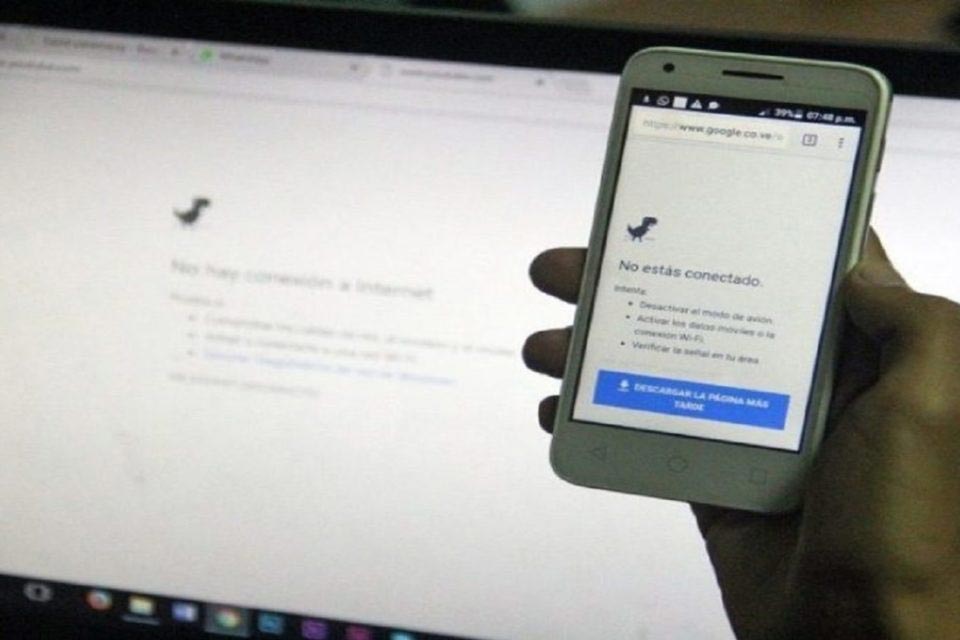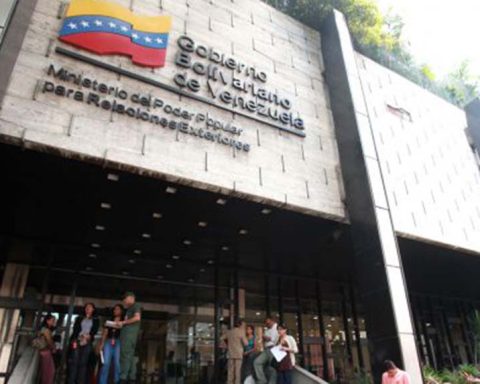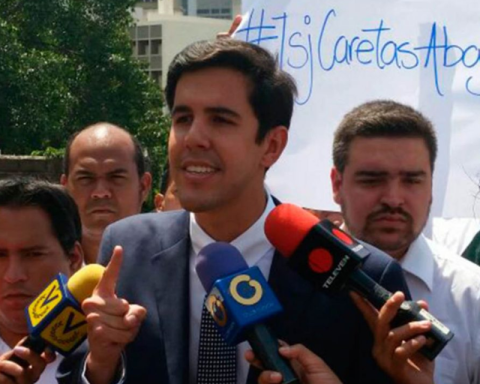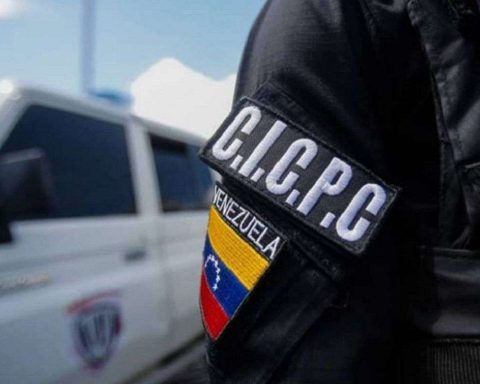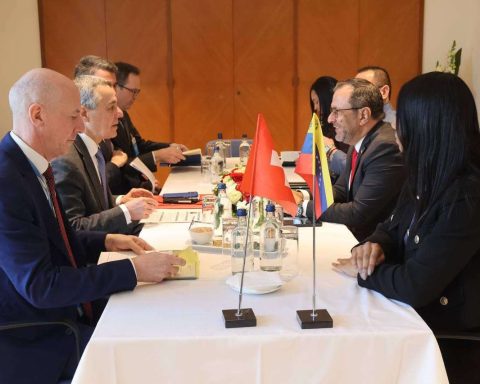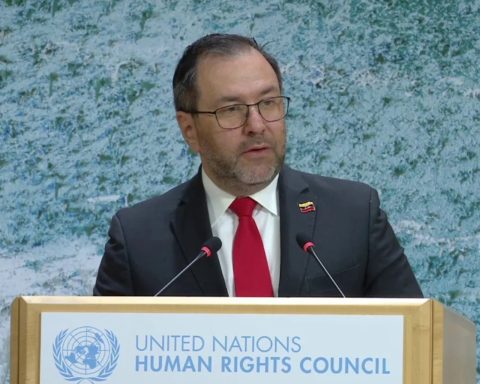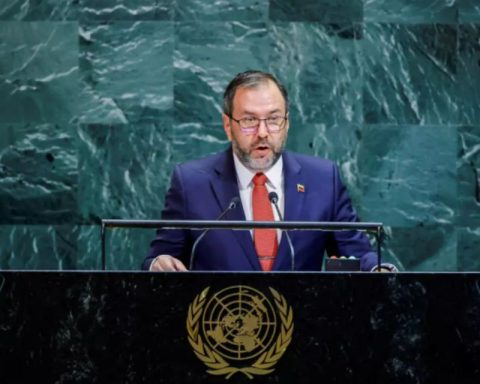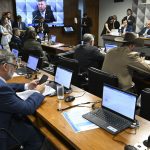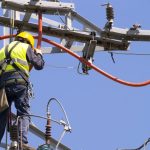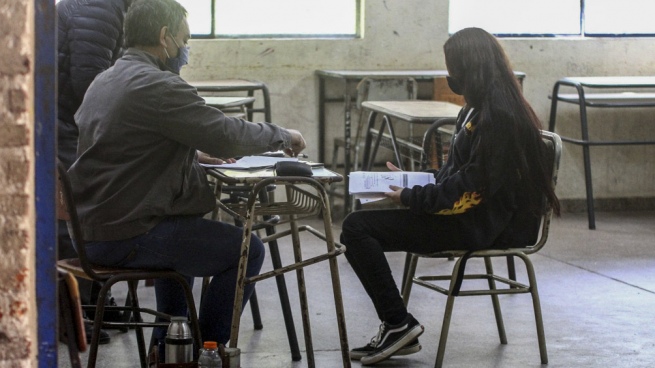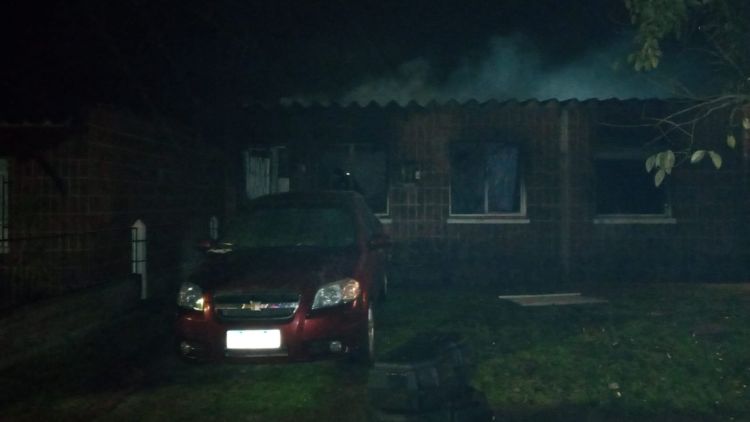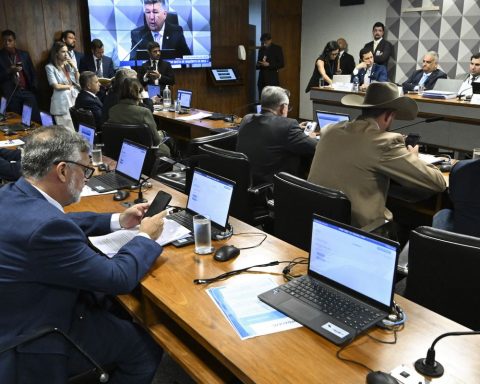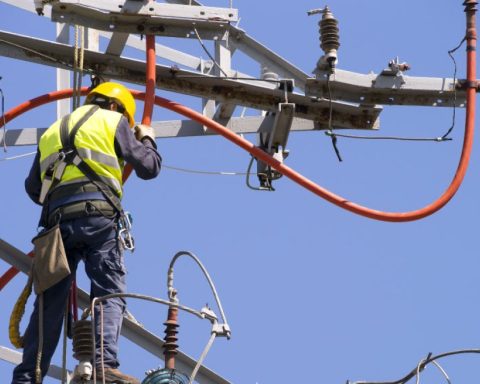A report published by the United Nations Office for Human Rights revealed that in the last six years there have been at least 931 internet blackouts directed by governments, actions that they considered to be in violation of human rights.
As serious attacks against human rights, this is how the United Nations Office for Human Rights cataloged the internet blackouts ordered by governments to directly affect citizens.
In a report published this Thursday, June 23, by the body led by Michelle Bachelet, who will be in charge of this office until August, the intentional interruptions of internet access and other communications carried out by governments are analyzed, as well as their causes and consequences. .
“Too often, major communication channels or entire communication networks are slowed down or blocked,” the letter highlights.
In addition, it points out that with these restrictive decisions “they deprive thousands or millions of people of the only means they have to contact their loved ones, carry out their work or participate in political debates and decisions.”
Between 2016 and 2021, 931 internet blackouts were identified in 74 countries, several of them occurring simultaneously and over a long period of time.
During the presentation of this report, Peggy Hicks, an expert from the UN Human Rights Office, said that cuts to internet service “are powerful markers of human rights problems.”
“It has been found that intentional interruptions of internet services occur more during electoral periods, which prevents citizens from accessing independent information,” he stressed.
The report reveals how in countries like China, governments, in addition to resorting to a connectivity block, prohibit access to important communication and social interaction platforms, such as WhatsApp, Twitter or Telegram.
Added to this is the confirmation that governments tend to evade their responsibilities when they are accused of committing these practices. Thus, of the 55 countries in which various organizations dared to denounce these blockades, no government or head of state admitted having anything to do with it.
The countries that acknowledge having cut off internet access allege reasons of public security, defense against racist attacks or fight against disinformation, but the UN considers that in reality the opposite effect is caused because “confusion is fostered and the risk of division increases and conflict”.
In addition, internet blackouts increase the digital divide between and within countries.
For the economy of the countries, the effects are also seriously damaging since they increase the costs for employment, education, health and political participation.
With information from EFE
* Read also: Marino Alvarado and Father Infante reach a conciliatory agreement with Rafael Lacava
Post Views:
116
